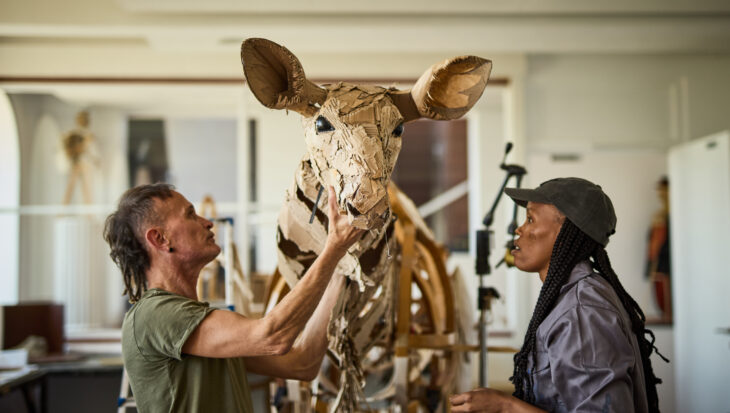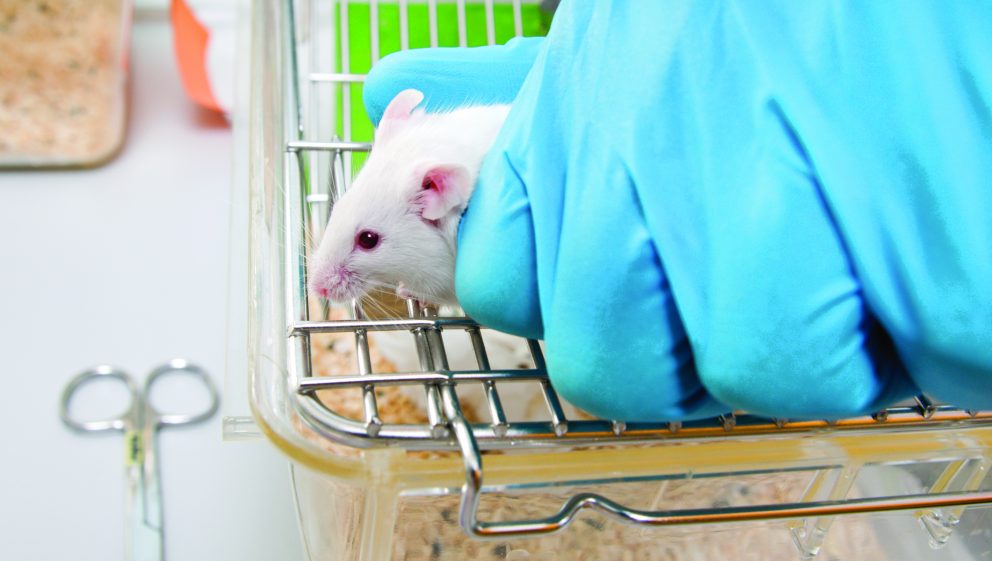‘The Herds’ will be arriving in London this Friday!
Have you heard? A breathtaking arts initiative, ‘The Herds’ will be arriving in London this Friday.
Posted 27 Jun 2025

Posted on the 14th May 2014
Animal Aid has dismissed a ‘concordat on openness’, signed by 72 practitioners or advocates of animal research, as a manoeuvre to boost dwindling public confidence in vivisection and how it is regulated.

If the sector is seriously committed to transparency, says the national campaign group, it would call for an end to the legal mechanism that currently throws a blanket of secrecy over even the most basic information relating to the conduct of vivisection. This is the notorious Section 24 of the Animals (Scientific Procedures) Act.
Section 24 exempts animal researchers from having to work within the Freedom of Information Act – a statute that demands everything be published by public agencies except for material that would genuinely jeopardise personal safety, commercial confidentiality or intellectual property rights. The FOIA could be used to regulate the flow of information handled by the Home Office, the department responsible for authorising and policing animal experiments. The new concordat is silent on Section 24. Instead, it allows signatories to pick and choose what information they wish to make public.
The concordat initiative follows the publication of an Ipsos MORI poll in 2012 (one of an ongoing series), which showed increasing public opposition to animal research and a growing mistrust of the regulatory system. The poll results alarmed the pro-vivisection sector and, in the run-up to the publication of today’s concordat, there has been a vigorous public relations drive that has included tightly controlled university debates and school visits to animal laboratories. The visits required children to consent to background checks by a security agency. And, rather than showing students the hard end of vivisection, which can involve animals being deliberately brain-damaged, injected with lethal viruses and given electric shocks, one visit involved staff demonstrating procedures on rubber rats (see notes).
The government is currently conducting a consultation into the future of Section 24, having finally recognised that it is out of step with the FOIA, which was introduced 14 years ago. A new European animal research directive also places strong emphasis on the need for transparency.
Says Animal Aid Director Andrew Tyler:
‘Vivisection is conducted with pathological secrecy and concealment, and the practitioners are intent on maintaining that position. The concordat is a panic move by the animal research community, which sees its public support dwindling.
Rather than genuine openness, it wants to maintain the right to pick and choose what information is put before the public. Animal researchers should remember that they have special dispensation to inflict extreme and lethal torments on animals. Without that legal protection, they could be brought before the courts and jailed.
If these organisations wish to demonstrate a true commitment to openness, they should urge the government to repeal the notorious Section 24 secrecy clause. With this gone, the FOIA would provide an ideal framework for informing the public, as well as ample protection for genuinely confidential information.’
Have you heard? A breathtaking arts initiative, ‘The Herds’ will be arriving in London this Friday.
Posted 27 Jun 2025

As the greyhound racing industry releases its annual data on the number of dogs’ deaths, a raft of well-known names - alongside their canine friends - has called upon the Government to end greyhound racing....
Posted 26 Jun 2025
